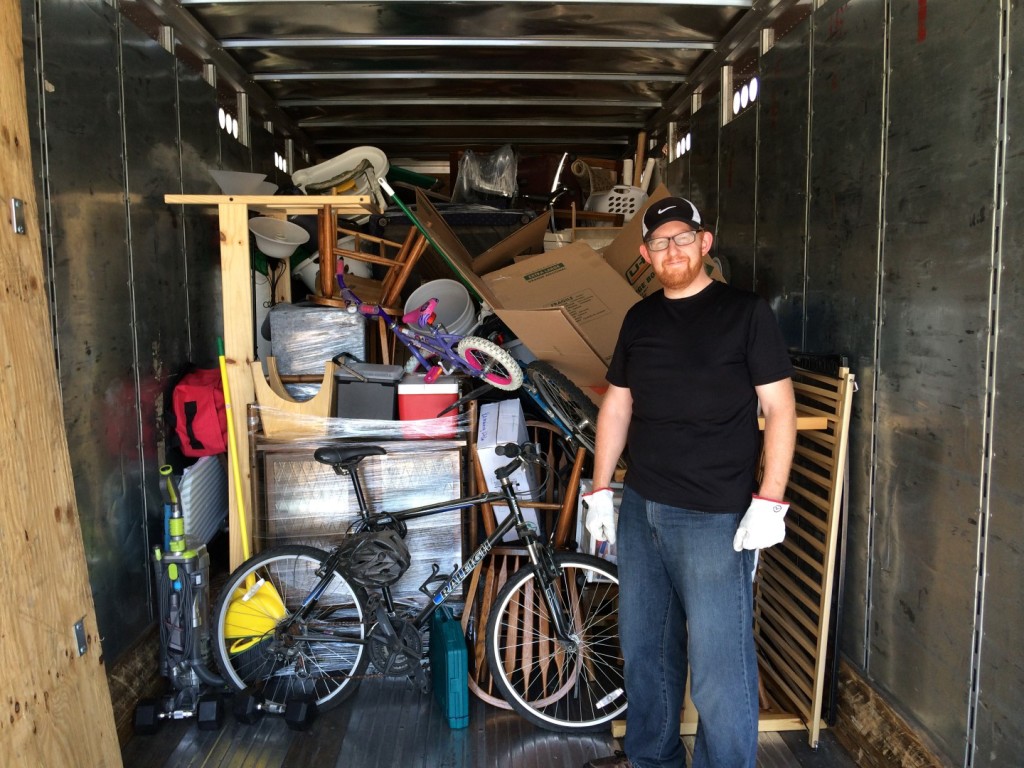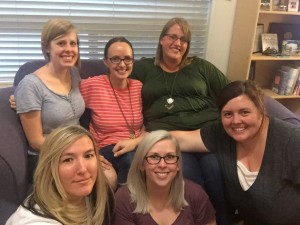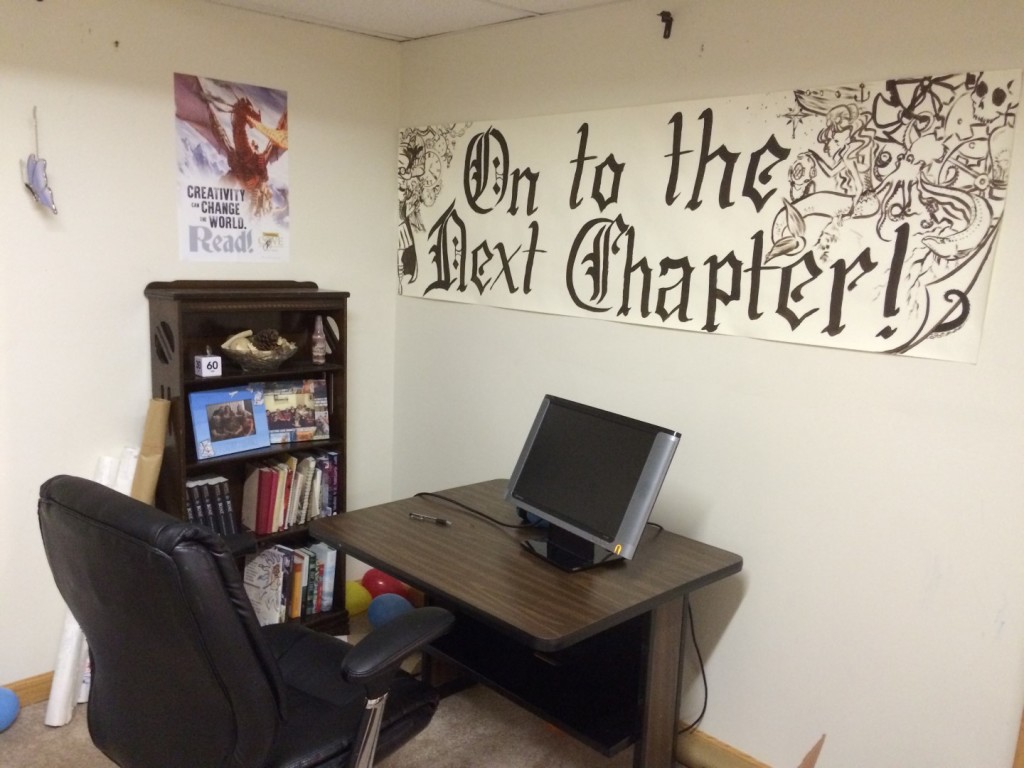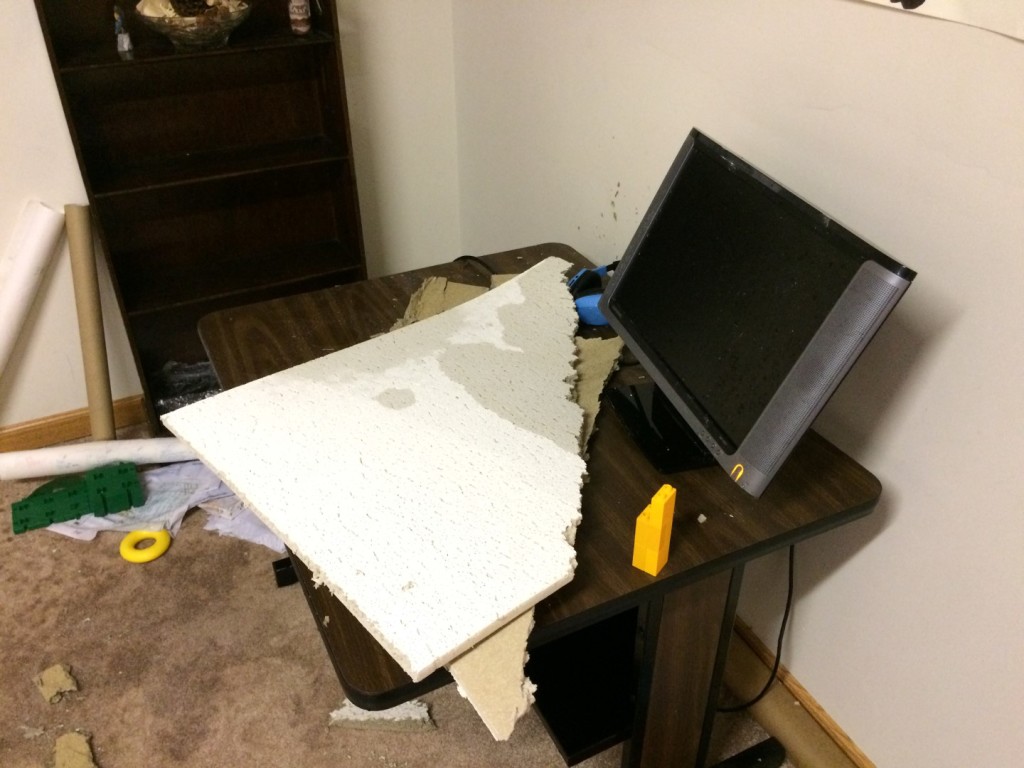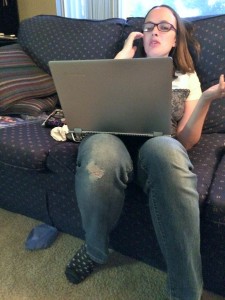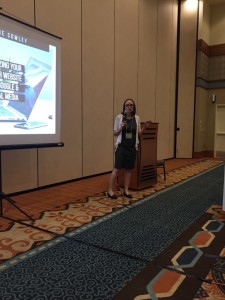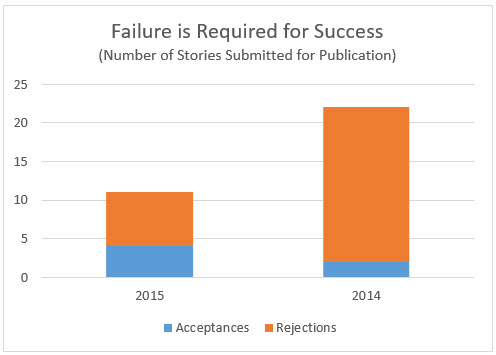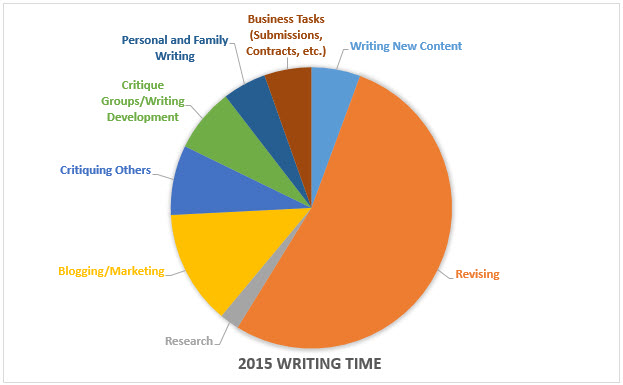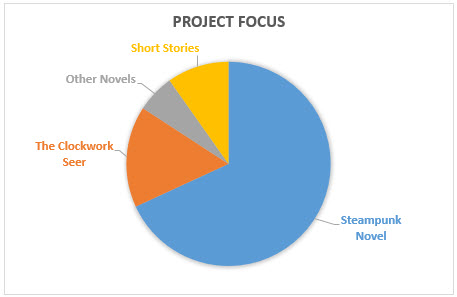It’s that time of year—that blessed time you’ve been waiting for—when I blog with charts! Pie charts, column charts, glow-in-the-dark charts, edible charts, I’ve got them all!
Last year I spent 675 hours writing. That’s an average of 1.85 hours per day, every single day.
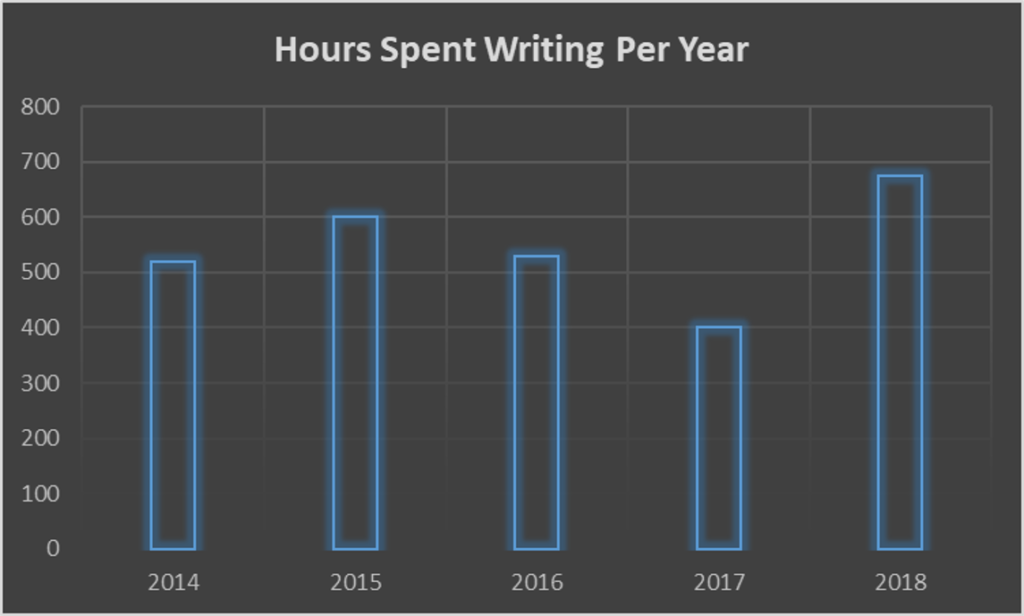
The increase in time came in part by failing at other things (or, more kindly, letting go of other things). For instance, I completely failed at my Goodreads reading goal for the year. My garden grew many tomatoes but little else. My kids took only one set of swimming lessons this year instead of three or four. Other time came from the fact that I did not move or have a baby in 2018.
I also used a time tracking app, toggl, which meant I recorded my time digitally, with the start and stop of a button on my laptop or cell phone. In past years, I think I was slightly underestimating the amount of time that I spent working. (If you’re interested in using it yourself, I guest blogged about using toggl to track your writing on The Writing Pal.)
Using toggl means that I have more beautiful charts that try to capture 2018 for me. Here’s my writing time per month:

And here is how my time was distributed across projects:
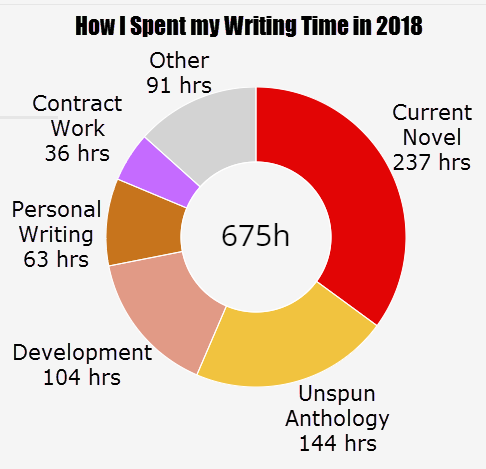
In second place for time spent was the fairy tale anthology Unspun. Not only did I have a novella in the anthology, but I coordinated the editorial work flow for each of the pieces (making sure each of the 11 pieces went through content edits, revision, copy edits, revision, proofreading, revision), formatted the book, wrote and managed contracts, and helped publish it. I am supremely happy with how it turned out.

The other big push for my writing time was my current novel, a historical mystery set in London in the crazy year of 1814. (1814 was truly a crazy time to be alive.)
Here’s the breakdown for how I spent my time on the book:
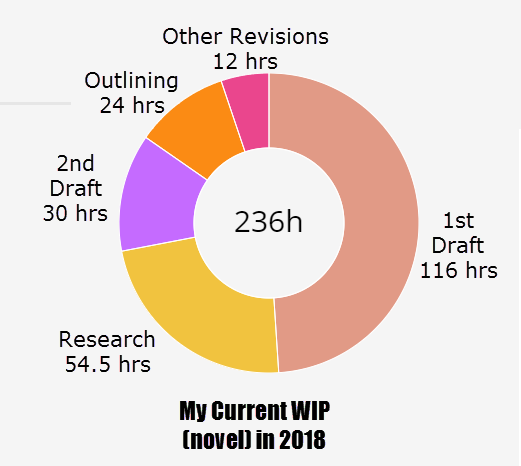
I worked on the first draft from January 1st to November 29th. The constant outlining and the research were all essential for writing the first draft, so I actually spent 194.5 hours on the first draft. During the year, I added approximately 67,334 words to the project, which means I wrote at a speed of about 346 words per hour.
So far I’ve spent 42 hours revising and am about a third the way through the second draft. It has an enormity of work left, but it’s really starting to take shape. Also, my six-year-old-daughter, who spent two minutes quizzing me on things that happen in the story, decided to illustrate the book and tape the illustrations to the counter, so prepare yourself for major spoilers:
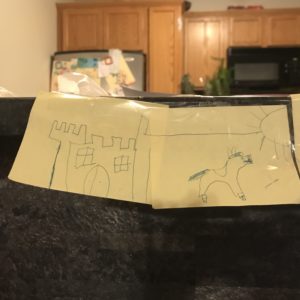
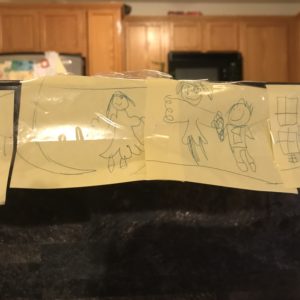
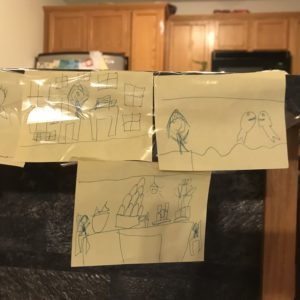
[There are no kissing fish in the novel, but everything else is accurate.]
In 2018, I also wrote a little over 2000 other words, on two short stories. One of those was “A Perfect Voice,” which won first place in the 2018 Mormon Lit Blitz.
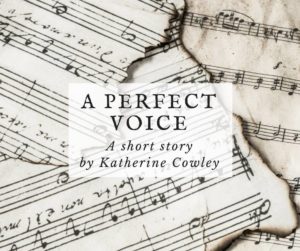
I received 5 rejections for other things I submitted during the year. I was accepted to teach a class locally on the Steampunk genre, but then it was cancelled due to inadequate enrollment.
2018 also brought back to life a story that I had written in 2014. It had received about 7 rejections in 2014 and 2015 and I decided it would never be published. In 2017 I pulled it out again and started submitting it to very different publications (instead of science fiction journals, I submitted it to humor and satire and themed issues) and I got very positive rejections (“we really liked this but it’s not quite the right fit”). Then I found Mad Scientist Journal, submitted the story, and it was accepted. It was published this year and can now be read online.
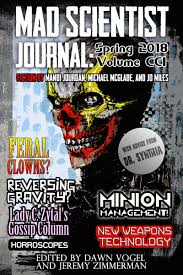
One of the big lessons for me this year was learning acceptance. I see so much online about how to write faster, and in many ways that is heralded as the mark of success. If you write four novels, or 500,000 words a year, or write 50,000 words in a single month, then you are a writer. But I’ve tried and those tricks don’t work on me, or they produce such terrible results that I end up abandoning projects. (I actually wrote an entire—very dreadful—novel in the month of November 2010 and then abandoned the act of writing for over a year and a half.)
This year I’ve tried to embrace acceptance.
I’m accepting that I’m not a fast writer.
I’m accepting that becoming a better writer has actually made me a slower writer.
I’m accepting that although my first drafts are better than they used to be, they still need plenty of revision.
I’m accepting that I can’t wake up at 5 a.m. like some writers do or stay up late to get more writing done. When I do that I get terribly depressed.
I’m accepting that many of the tricks and tips and sure-fire techniques to write more every month don’t work for me. (Or I’m already using them, and they make possible the 15,000 word months.)
I’m accepting that putting more time towards writing doesn’t necessarily increase my output: I only have so much creative energy to put towards writing every day.
I’m accepting that sometimes I can’t write. There are days and weeks and outside life circumstances that don’t let me write.
I’m accepting that there are weeks I’ve spent too much time writing (in balance with other things) and that I need to pull back sometimes.
I’m also accepting that I can give myself permission to write, even when it seems like myself and other people think I should place my energy on other priorities.
I’m at a better mental place as a writer at the end of 2018 then I was at the end of 2017. In 2017, I considered abandoning my writing goals. And now I feel like singing the line from Hamilton: “I am not throwing away my shot.”
For 2019 I have plenty of writing goals and plans to achieve them, but ultimately, I will put forth the effort and energy that I am able. 2019 does not need to be my best or my busiest or my most successful year as a writer. I will accept who and what I am as a person and as a writer. And that will be enough.
Also, I have a new writing hot chocolate mug and a planner with a unicorn, so I am ready for whatever 2019 brings.
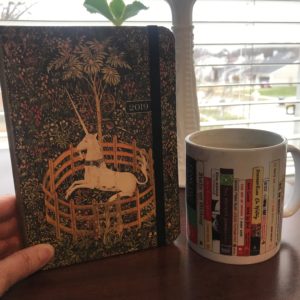
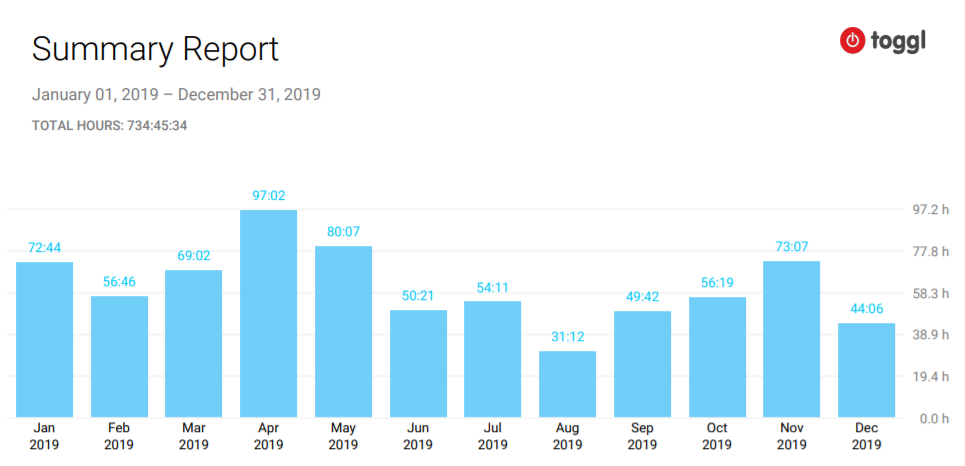














 I set my writing goals lower this year because of having a new baby. But I am proud to report that I still can write with three young children.
I set my writing goals lower this year because of having a new baby. But I am proud to report that I still can write with three young children.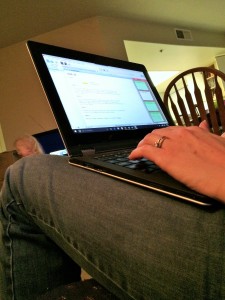 I revised my steampunk novel, completing several more drafts of it. Near the end of the year it hit the point where it was as finished as I can make it. So I am now submitting.
I revised my steampunk novel, completing several more drafts of it. Near the end of the year it hit the point where it was as finished as I can make it. So I am now submitting.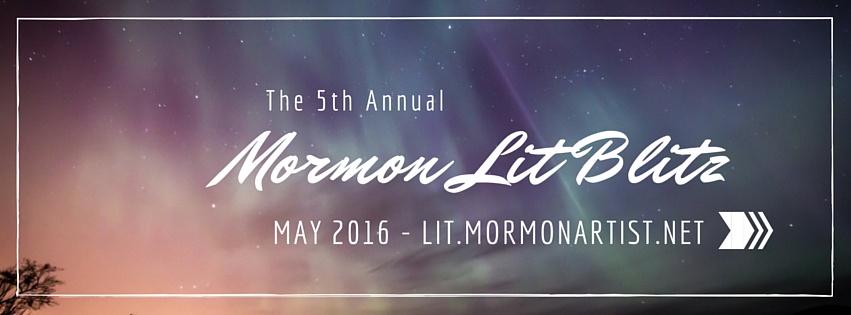
 Short Fiction
Short Fiction “
“